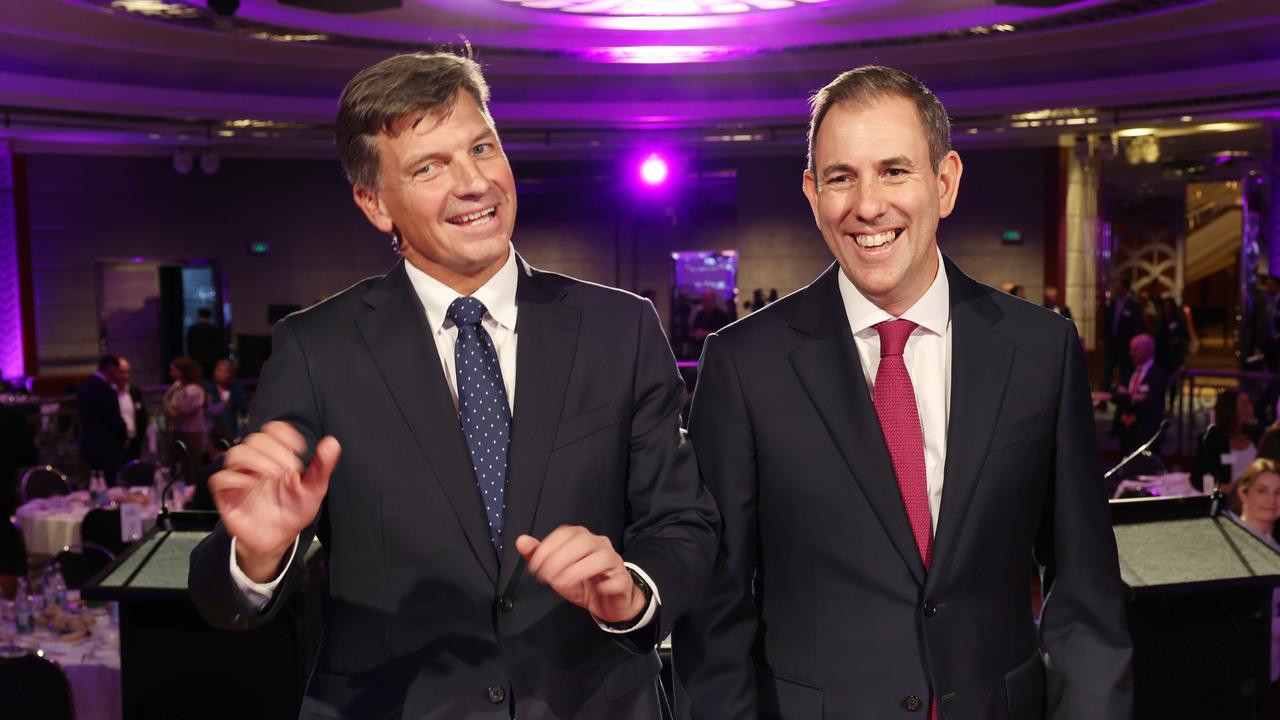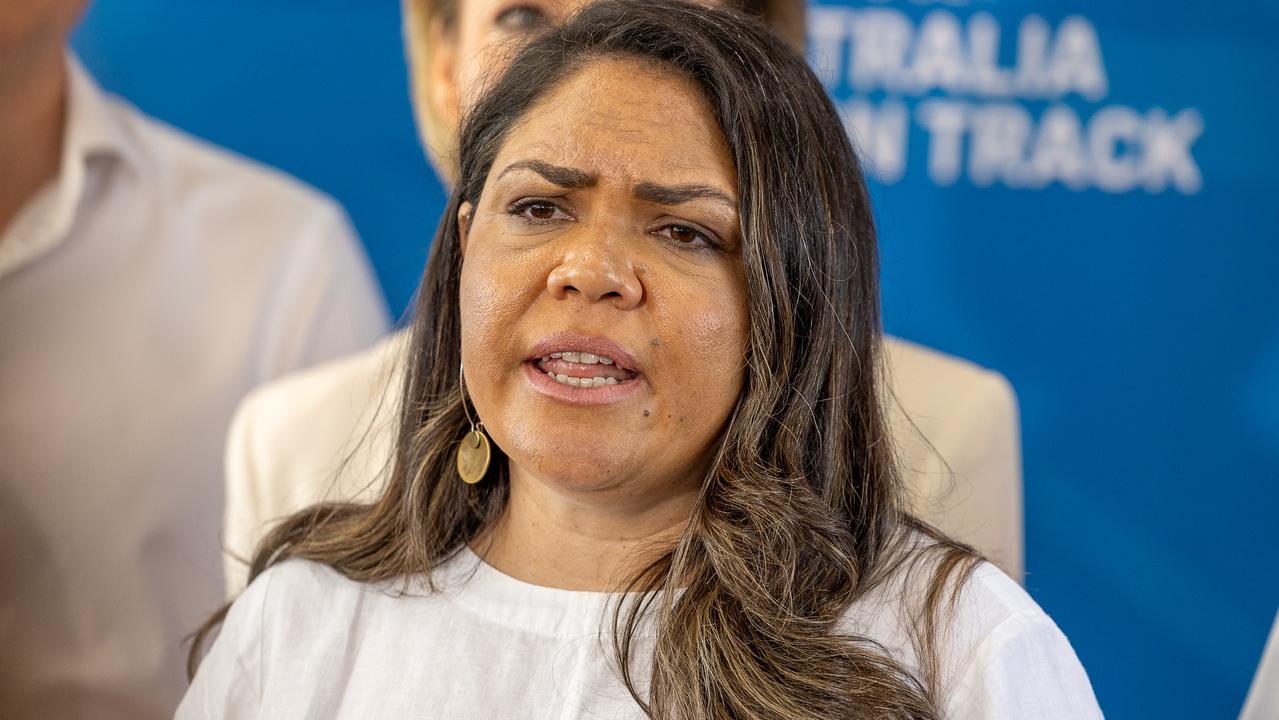Killer’s candid chat with police ended gangland war
Melbourne’s gangland war came to an end in the back seat of a police car.
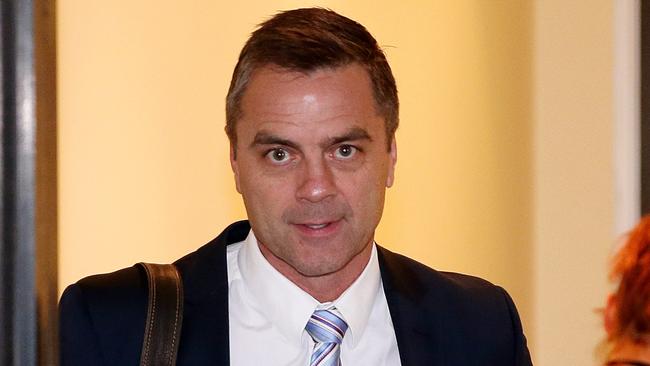
The beginning of the end of Melbourne’s gangland war came in the back seat of a police car, where a killer being driven from prison to be questioned by Purana taskforce detectives chatted freely, oblivious to his fate.
The killer was not a stupid man. He knew why police wanted to talk to him. He knew who they were really after. What he didn’t know, as he casually spilled secrets people would kill to protect, is that a hidden listening device planted in the car was recording every word he said.
When they arrived at police headquarters, then senior detective Stuart Bateson, another detective and the man soon to become the first supergrass witness to roll against Carl Williams, the killer clammed up and refused to answer any questions in his formal interview.
Mr Bateson, now a commander, yesterday told the Lawyer X royal commission that by then, it didn’t matter. They already had a “substantial, almost irrefutable’’ case against him for one murder. The transcript of his backseat conversation, once it became available to his gangland associates, would leave him nowhere to run.
Nicola Gobbo, a defence barrister whose duplicitous conduct as a police informant triggered the royal commission, was the killer’s lawyer. She visited him in jail, helped finalise his statements, represented him in court and advised him on how to get the best plea deal. According to Mr Bateson, she did not play a significant role in convincing him to turn against his criminal boss. There was no need.
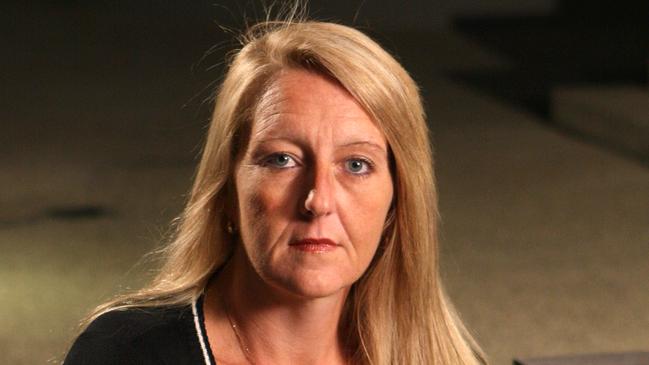
“He was out on a shelf, by himself,’’ he said. “I knew he was coming to us as a crown witness. It was only a matter of when. It wouldn’t have mattered if it was Ms Gobbo or another barrister. I knew what he wanted to do and I knew he wanted to do it.’’
Mr Bateson said the killer, a rapist who murdered several people, received a very good deal from prosecutors. He is out of jail, having served just 10 years for his crimes. “About as light as you can get for an execution,’’ remarked counsel assisting the commission Chris Winneke QC.
The killer’s evidence was pivotal in convincing other gangland figures to break ranks and ultimately led to the downfall of Williams. He also played a crucial part, albeit unwittingly, in the Lawyer X saga.
As Mr Bateson explained, once Ms Gobbo became party to the killer’s decision to rat on Williams, she was at serious risk.
Ms Gobbo was part of what Mr Bateson described as a select group of criminal lawyers who represented gangsters, socialised with them and “were willing to do anything to keep their clients out and operating in criminal enterprises.” Ms Gobbo had acted many times for Williams and his associates but Williams saw her as more than a mouthpiece for hire. “They believed her to be part of their crew, part of their criminal network,’’ Mr Bateson said.
Assisting one of them to turn crown witness would be seen as grievous disloyalty. Like the killer she represented, Ms Gobbo had nowhere to turn but to police.
On June 18, 2004, a week before the killer finalised two statements implicating Williams in murder, she turned to Mr Bateson. She pleaded with him to keep her name out of the case file. Mr Bateson and his Purana bosses agreed. Police and prosecutors even petitioned then chief magistrate Ian Gray to conceal her involvement in an unrelated matter, when she appeared for the killer on burglary charges in a country court.
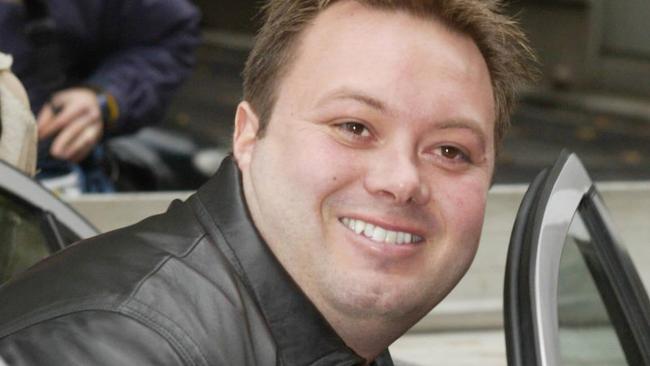
By the time Williams and three associates appeared in court charged with the murder of a drug dealer, Gobbo’s name was erased from the record. On March 23, 2005, she called Mr Bateson to thank him. She also offered him something else. She told him she had information that defence lawyers — some of whom she worked alongside in representing Williams, Tony Mokbel and other gangland figures — were being illegally paid with drug money. Over a series of meetings, she passed on allegations about a barrister paid $100,000 by Williams via a bookmaker and a solicitor driving a stolen $300,000 Porsche.
Some allegations were supported by evidence — detectives found in the barrister’s chambers two bookmaker cheques, each for $50,000, made out at a time when Williams’s assets had been legally frozen.
Others were found to have no substance; the accounts of the solicitor were audited and given a clean bill of health by the Legal Services Board of Victoria. The story about the car was nonsense.
Mr Bateson said the barrister was never charged, “much to my chagrin’’. He also agreed that, by this stage, in mid-2005, Ms Gobbo had become his informant. He briefed his Purana boss, Detective Inspector Gavin Ryan, who told future chief commissioner Simon Overland about the development.
Mr Bateson said the ethics of Ms Gobbo informing on her clients — not to mention her extraordinary conflicts of interests in the criminals she represented — were not his to manage.
Ms Gobbo represented Williams and three supergrass witnesses who testified against him. She appeared in court for the same solicitor she informed against. Mr Bateson says these conflicts were obvious at the time but well known to senior judicial officers including prosecutors and judges. “In many ways, lots of the decisions she made I saw as quite courageous,’’ Mr Bateson told the hearing.
In September 2005, Ms Gobbo went from providing confidential information to Mr Bateson to being registered as a police informant.
From there, she continued to shape the murder and serious drug cases that define Melbourne’s gangland period.
The war was coming to an end. Lawyer X was just beginning.

